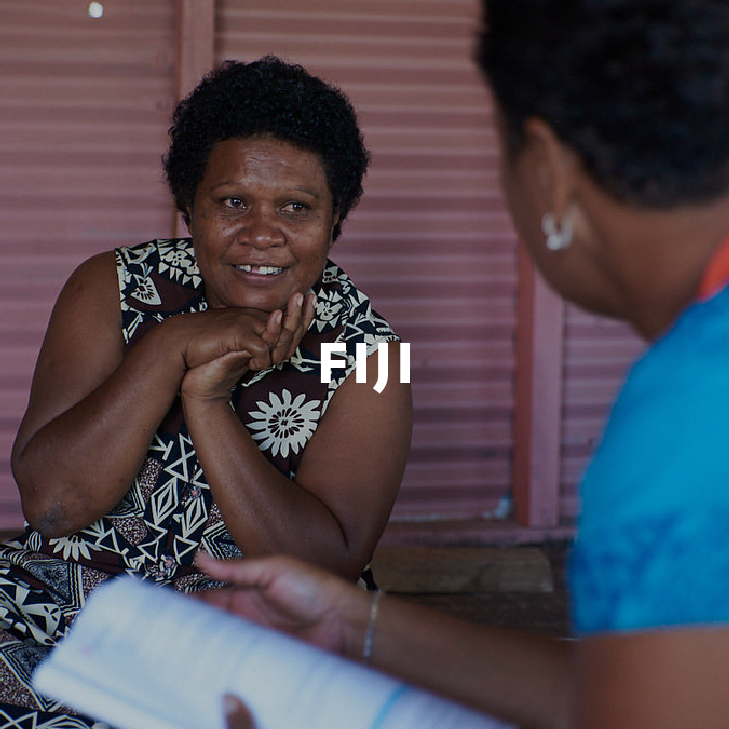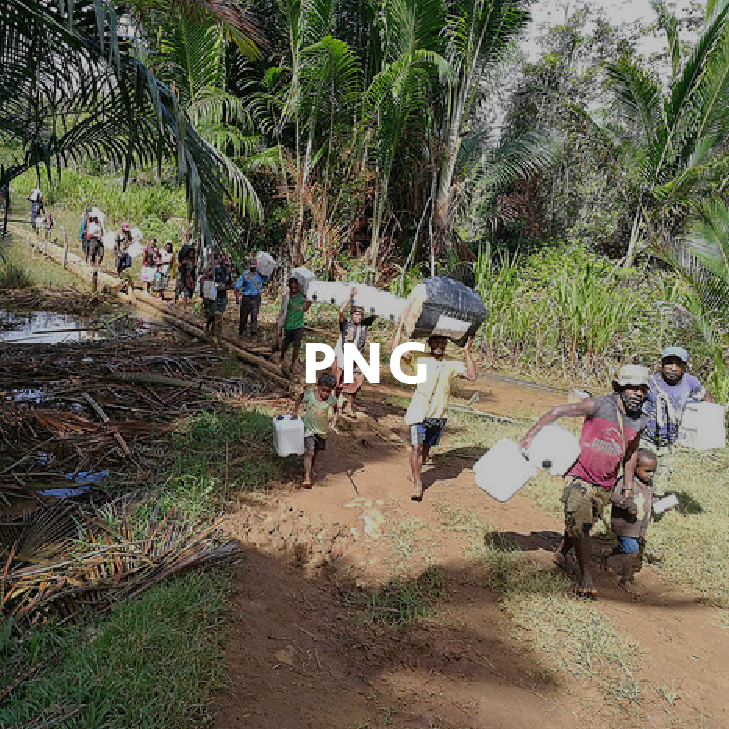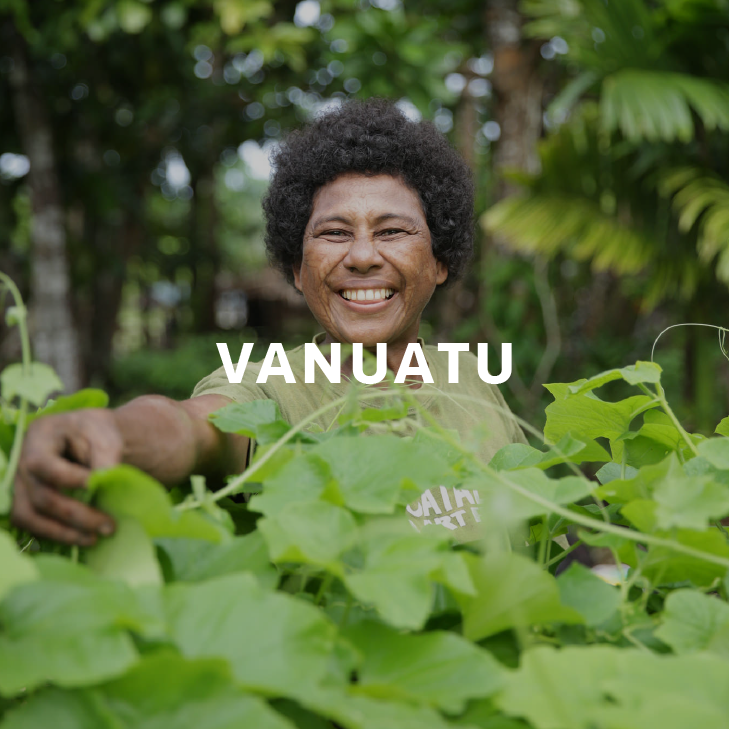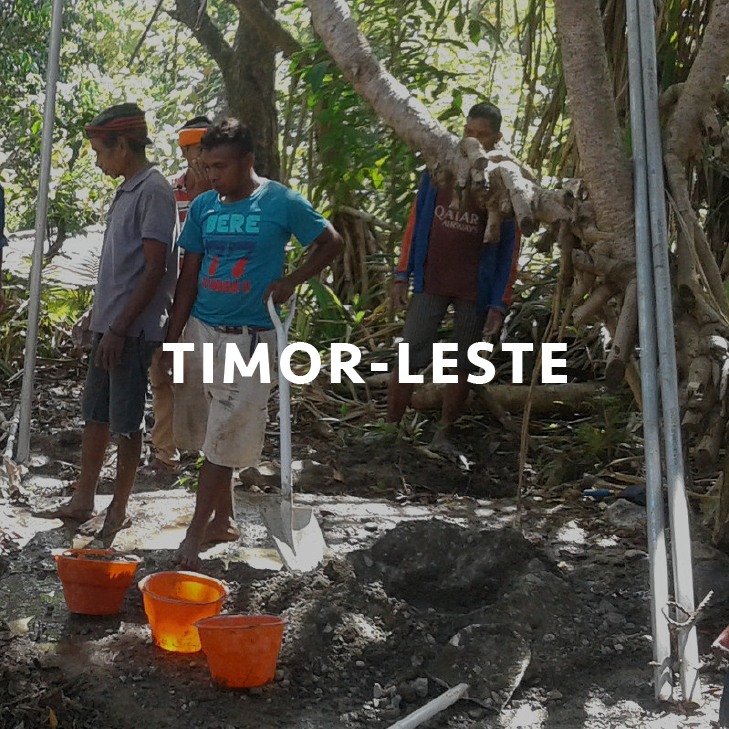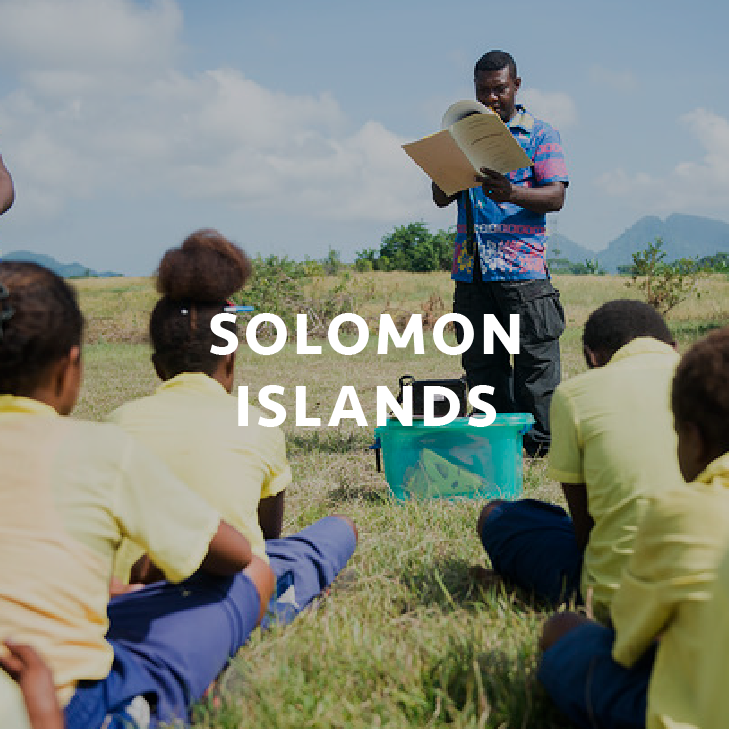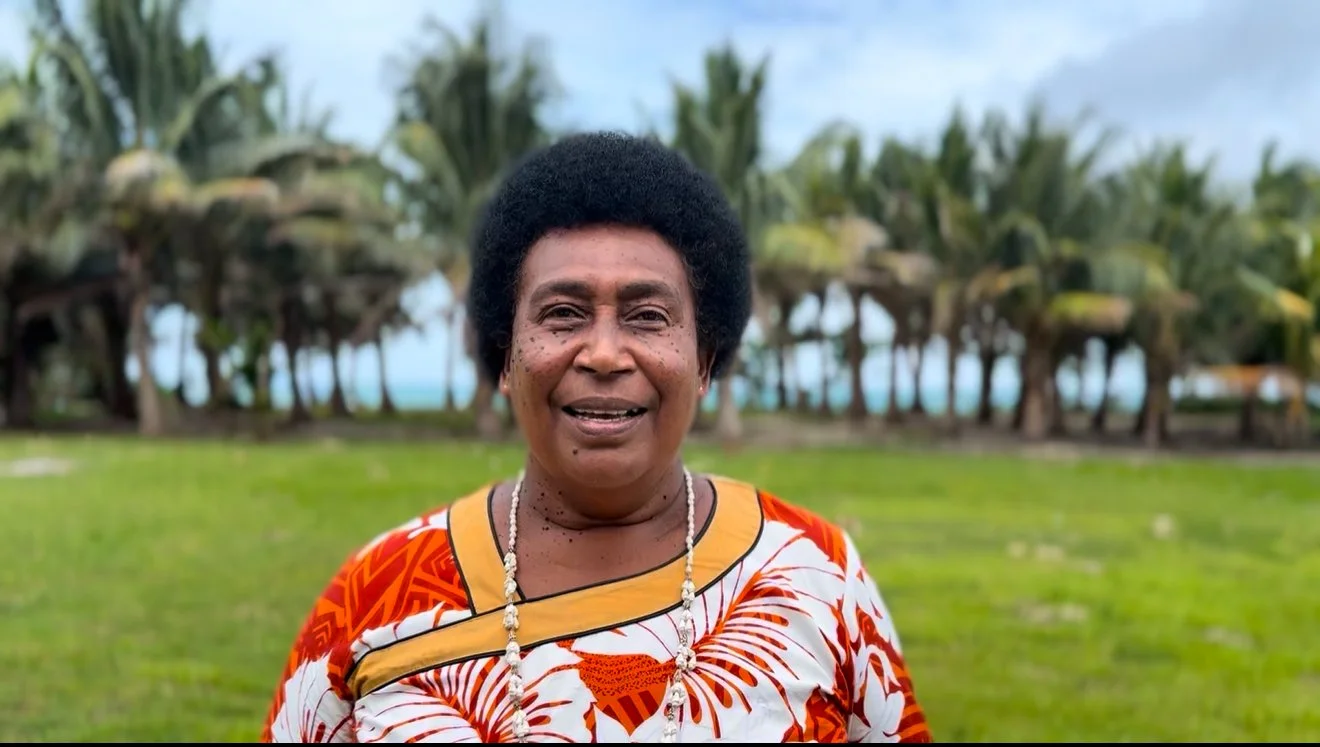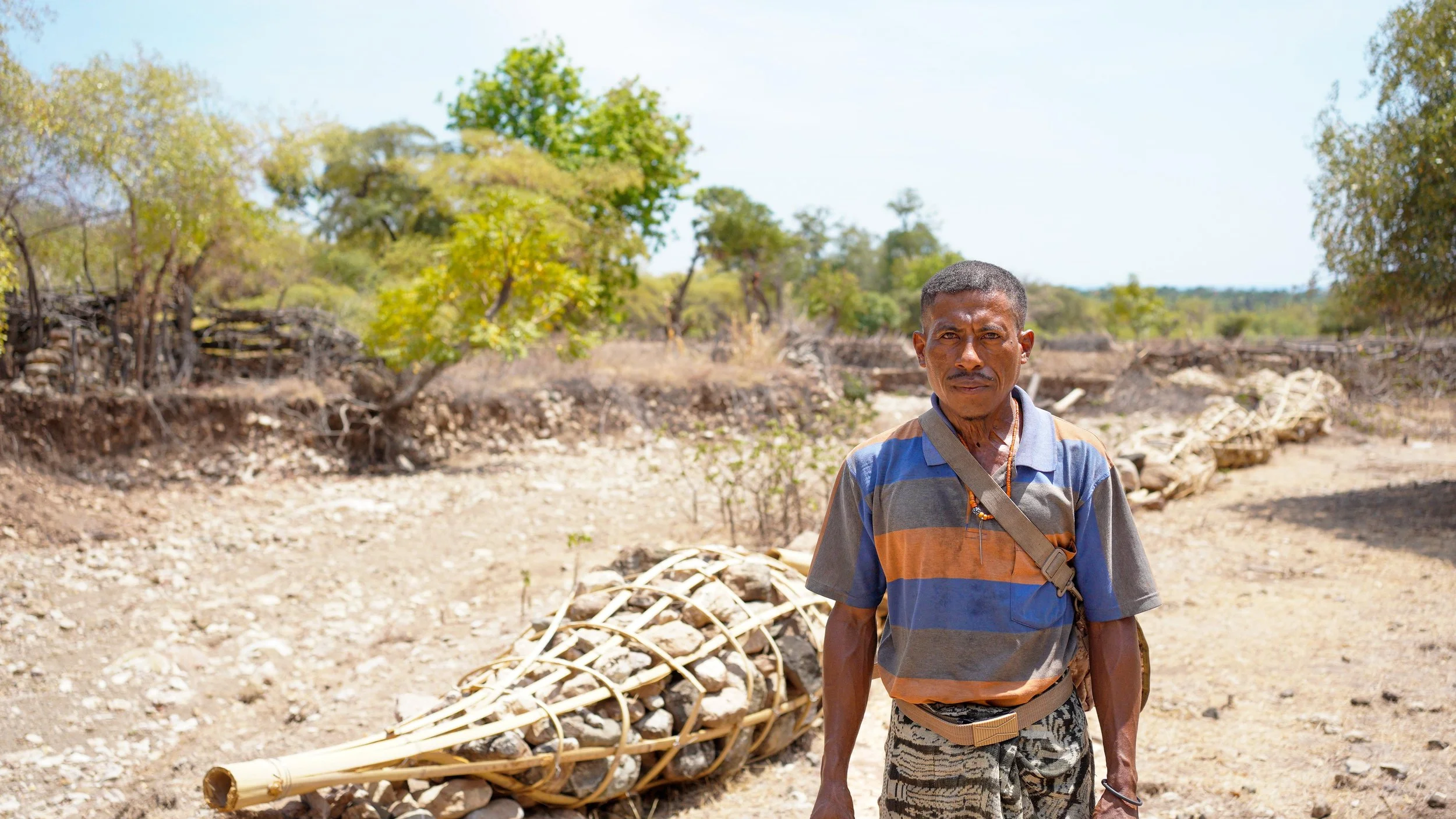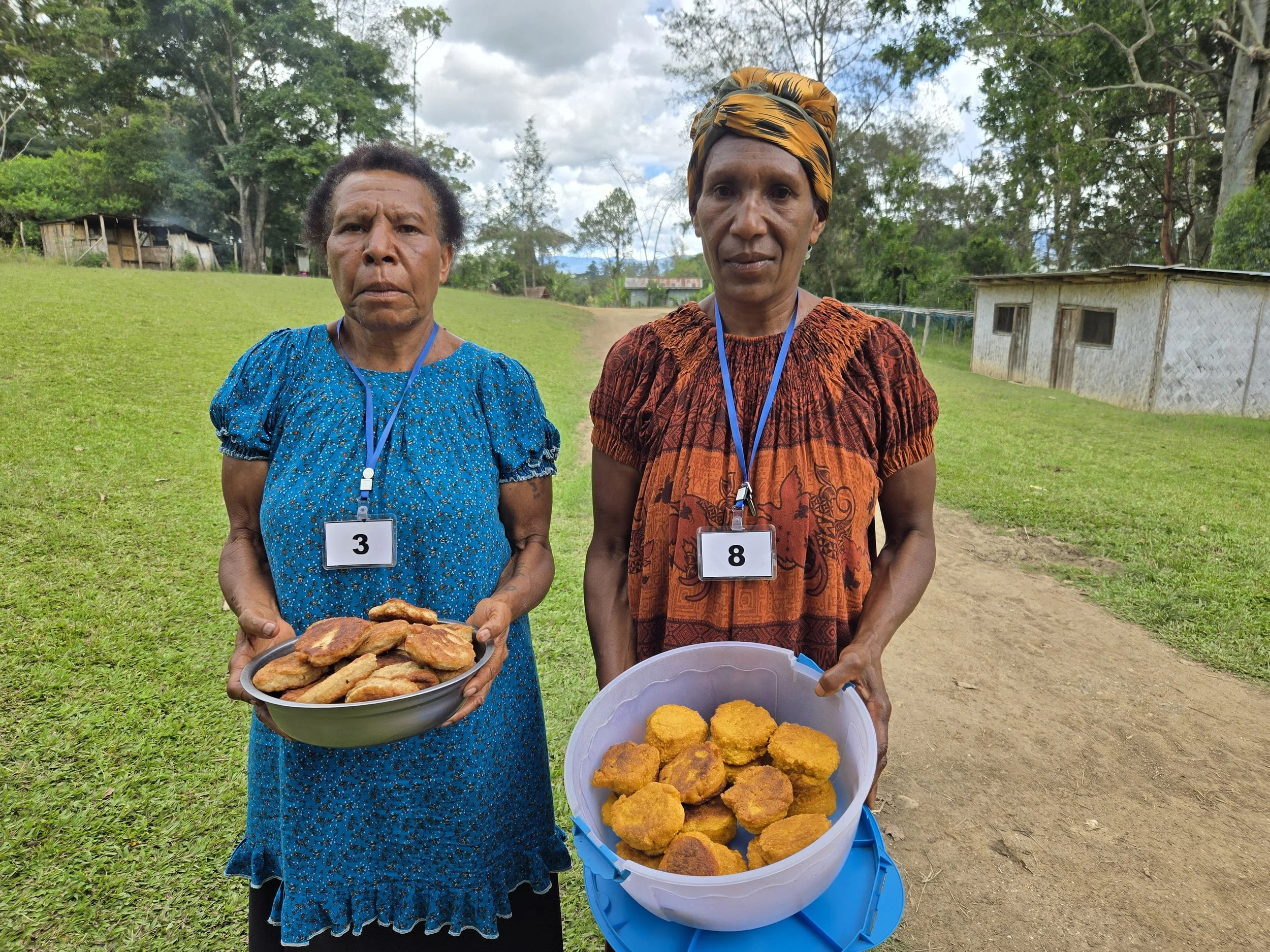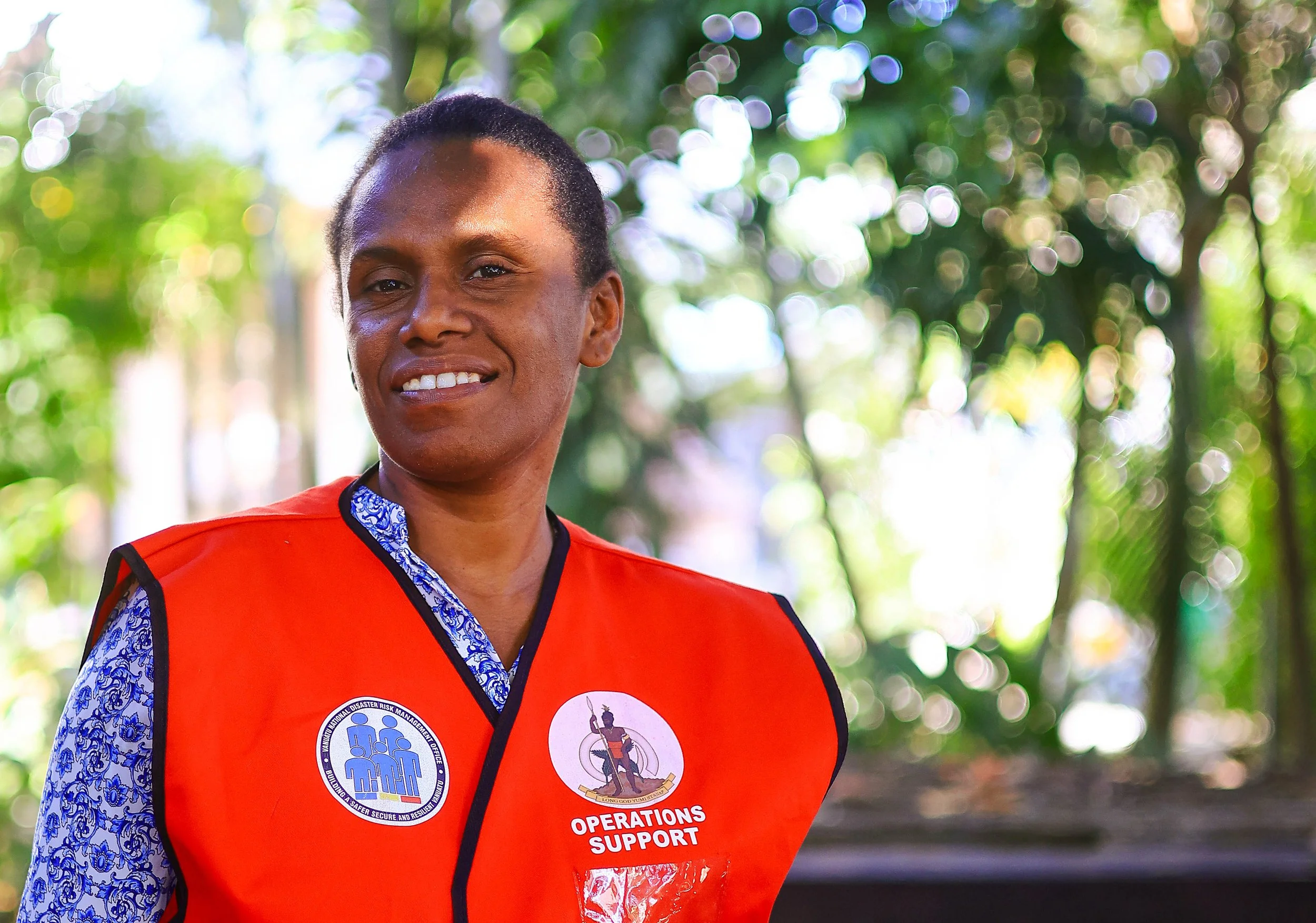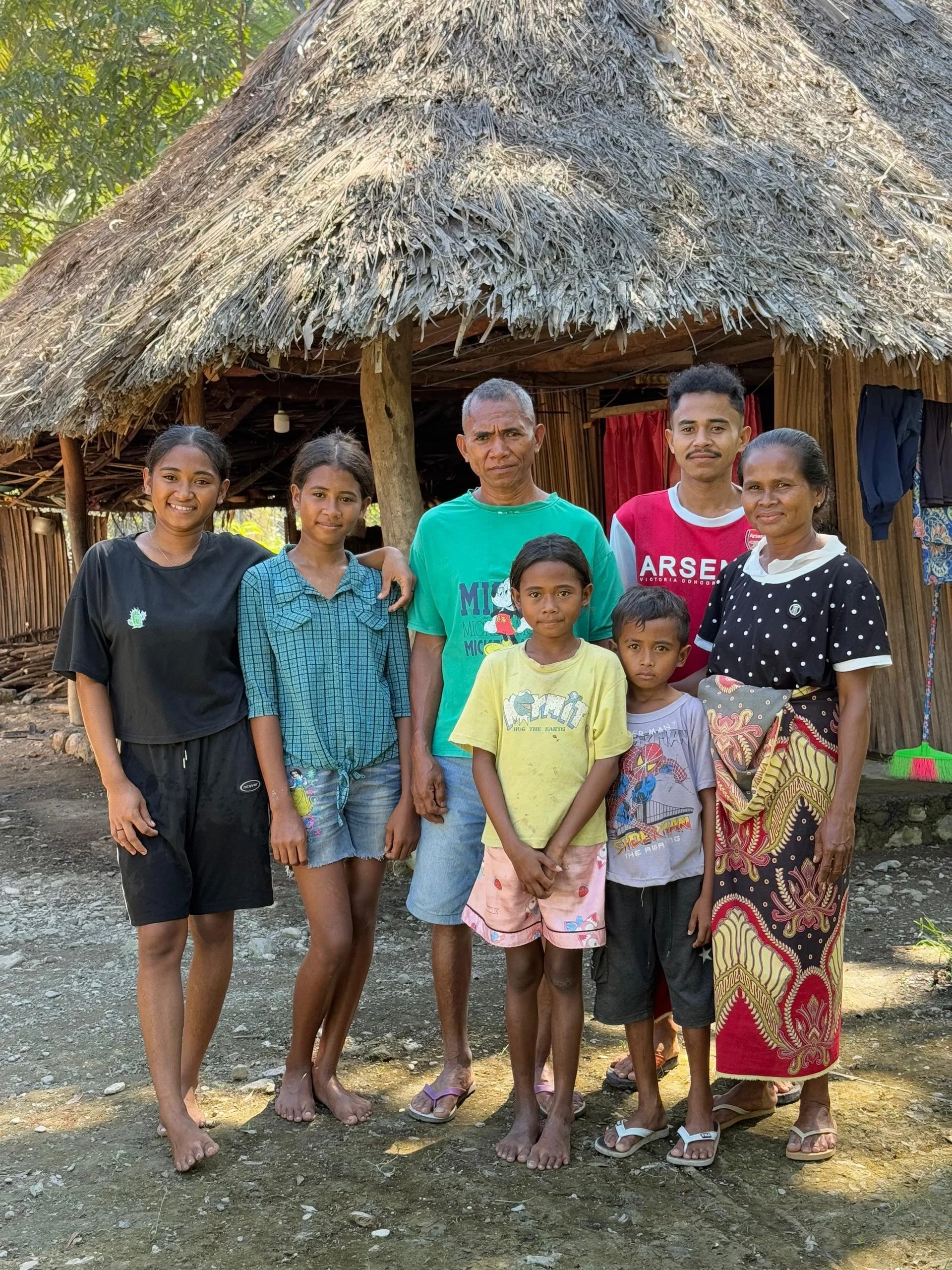Disaster READY
Disaster READY is a climate change adaptation and disaster risk reduction and resilience program, implemented through the Australian Humanitarian Partnership.
It represents a significant investment by the Australian Government in disaster preparedness in the region and sees AHP partners delivering locally-led programs through their networks in Fiji, Vanuatu, Solomon Islands, Papua New Guinea and Timor-Leste.
Disaster READY was initially conceived as a five-year program. But with more than 245,000 people equipped with knowledge and resources needed to mitigate the effects of disaster and climate change in the program’s final year, the Australian government committed to funding the initative for an additional five years. This second phase of Disaster READY began in 2022 and further emphasises the inclusion of women and girls, and people with disabilities. And the localisation of program design and implementation currently build on the existing partnerships in Disaster READY countries and the strengths forged in the first five years.
Enhancing disaster preparedness for effective response is a key priority of action in the 2015-2030 Sendai Framework for Disaster Risk Reduction.
Disaster READY Phase II
Learning from local voices
This phase takes lessons-learned from the first five years to ensure that local voices — including those traditionally marginalised, such as women and people with disabilities — are clearly heard, as programs are designed and implemented across Fiji, Papua New Guinea, Timor-Leste, Solomon Islands, and Vanuatu.
Disaster READY Country Committees in each implementing country are made up of local representation from partner organisations, who are working together to design activities that will best help communities to mitigate against disaster risks and adapt to climate change over the next five years. By empowering people from the communities that the program seeks to serve, Disaster READY is ensuring local knowledge informs all aspects of the program from the initial design phase, right through to the implementation and evaluation.
Investing in community
Localisation was at the heart of the planning and design process in Phase II. Each Disaster READY Country Committee committed to developing and reporting against localisation agendas, measuring engagement with civil society organisations and local government.
Through Disaster READY Country Committees, mechanisms are being put into place to learn each time a community prepares for and responds to a disaster. Stronger coordination creates more space to learn and adapt with every emergency response. This means investments made now will have benefits for disaster-prone communities for years to come.
Beyond preparedness
The second phase of Disaster READY is advancing local action beyond preparedness and resilience, into recovery. With systems and structures in place from the first five years, local partners will now focus on strengthening communities’ capacities to not only withstand the effects of disaster and climate change, but also equip them with the tools needed to return to life as quickly as possible. This focus on ‘bouncing back’ is so important to communities impacted by disaster, as it minimises disruption to crucial social structures like functioning markets and children’s education.




